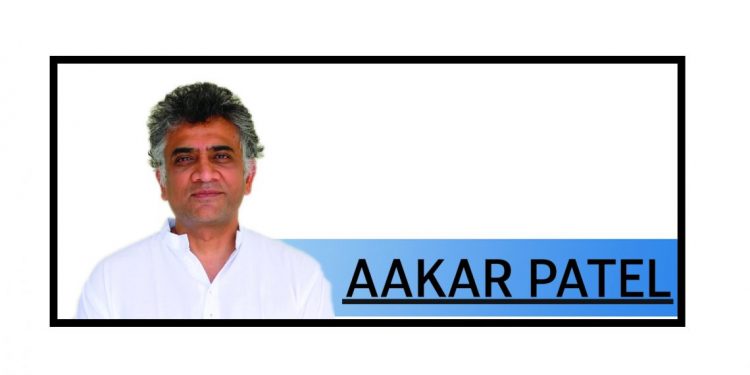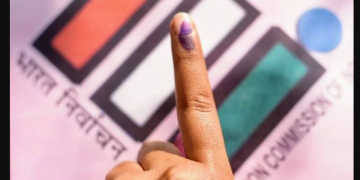What do we vote for? This is a question to consider as we approach the results of the elections in Punjab, Manipur, Goa, Uttarakhand and of course Uttar Pradesh. The results are important for us as a nation, whichever party one supports in them. If the BJP pulls off a win in UP again (as I expect it to do, though narrowly) then we will continue down the same path we have gone in the last eight years. If it is defeated in UP, then the mood will change. The government will not be able to carry on with business as usual till 2024 if the BJP loses UP. However, this piece is not about the parties and elections but about the voter and why they vote in they way they do.
One of the more common ways in which voting is understood here is through the concept of ‘anti-incumbency’ which is not a phrase used in other democracies. In the United States, incumbent politicians have an average 8 per cent vote advantage over their rivals. Meaning that there is a substantial incumbency benefit. This is according to a 2001 study by the Massachusetts Institute of Technology which looked at all elections from 1942 to 2000. Presumably this advantage is because once elected, the politician uses the office to distribute benefits to voters, who then reward him by continuing to vote for him. In India the size of government is small and there is not enough resource to do this. And so parties who come into government try, and usually fail, to make a substantial difference to the lives of their voters. This is why, having spent five years in government, the party in power faces ‘anti-incumbency’. And yet we have parties in power in some states for decades, suggesting that something else is also going on.
The other way to understand what we vote for is through what is called identity politics. This is not unique to us in India but we appear to do it more than in other democracies. Religion and caste are big factors and even primary factors for many of us meaning that we vote in a way that shows our support for our religion and our caste. What does this have to go with government? Not much, but consider that many if not most voters realise that little will change in their lives because of which party is in power. This is a reality. Most Indians are poor and will die poor. Their children will not be educated in a government school any better than they are today because of the next chief minister. Their access to higher education will remain closed. The treatment they receive at their local healthcare centre (if they have one) or government hospital will not change in quality when the government changes hands. If they are in farming or in manual labour, which most Indians are, they will remain there all their lives. They will not become professors or scientists or chief executives of multinational corporations. Almost none of them will even carry the hope that they can achieve such things.
In essence, the State does not give them the opportunity to progress and they have no agency over the material part of their life. So what remains then? It is identity and religion and caste. Here a government can make a difference. Temples and statues and hate speeches and violence and laws targeting minorities are a part of this politics, and one reason why we are seeing more of them now is that the BJP has given up the idea that it can materially improve the lives of its voters. This shows clearly on every parameter of governance from the economy and employment downwards. However, it also has the advantage of dominating the non-material aspect of politics. If ‘development’ and jobs and such things are less important to many than identity then the BJP can dominate the discourse by stressing the largest marker of identity, which is religious nationalism. It has done so successfully in our time and the only reason this has taken so long was that the other parties did not choose to play up religion as much as the BJP has.
This appears to be a fairly dismal assessment of our democratic politics but it is not easy to read it in another way. And yet it is only a thesis. I could be very wrong in assuming that a large number of people vote for non-material politics or that even if that was the case in the past it may not continue into the future for any number of reasons. A recent report showed that UP’s GDP grew at 6.92% over 2012-17 in the five years under the Samajwadi Party. But under the BJP the growth rate has been only 1.95% per year since 2017. Surely this is not a performance that could or should be rewarded. And yet, with only a few days to go, it will not surprise me to find out that it ultimately is rewarded.
- The writer is Chair of Amnesty International India.






































